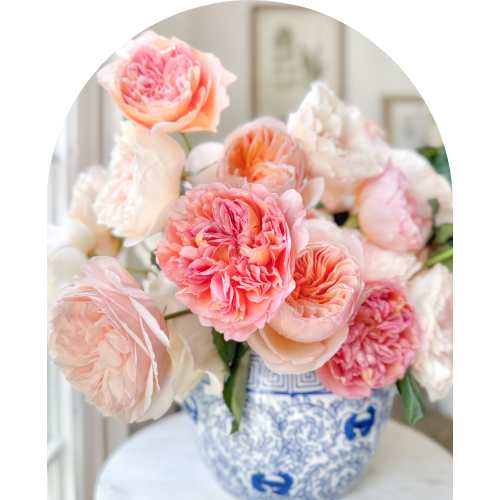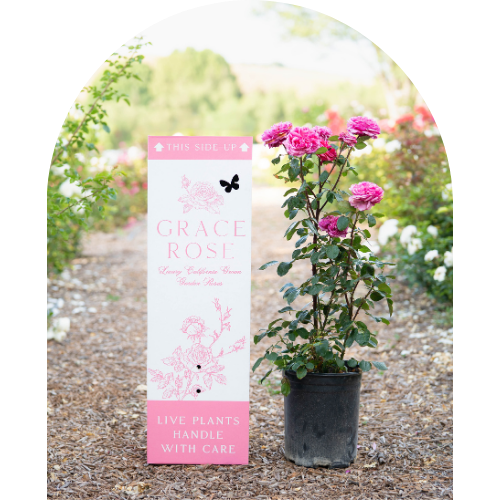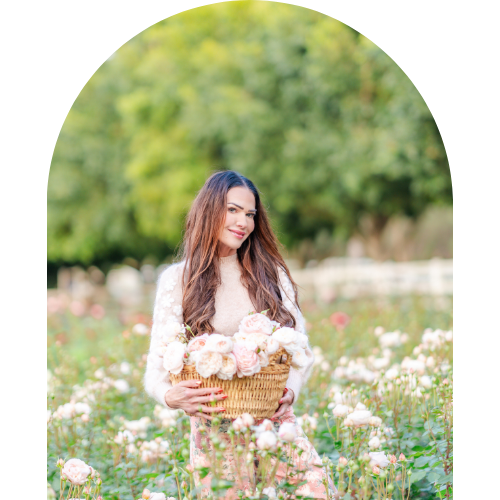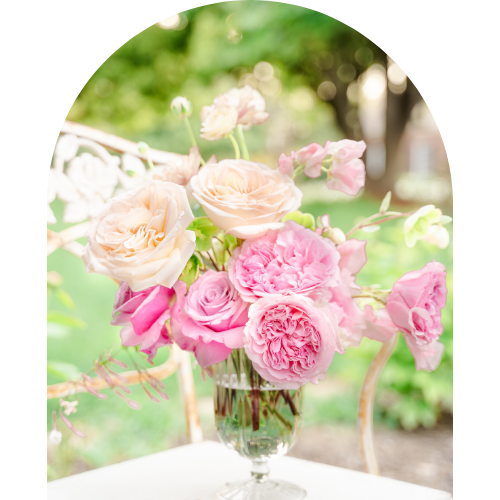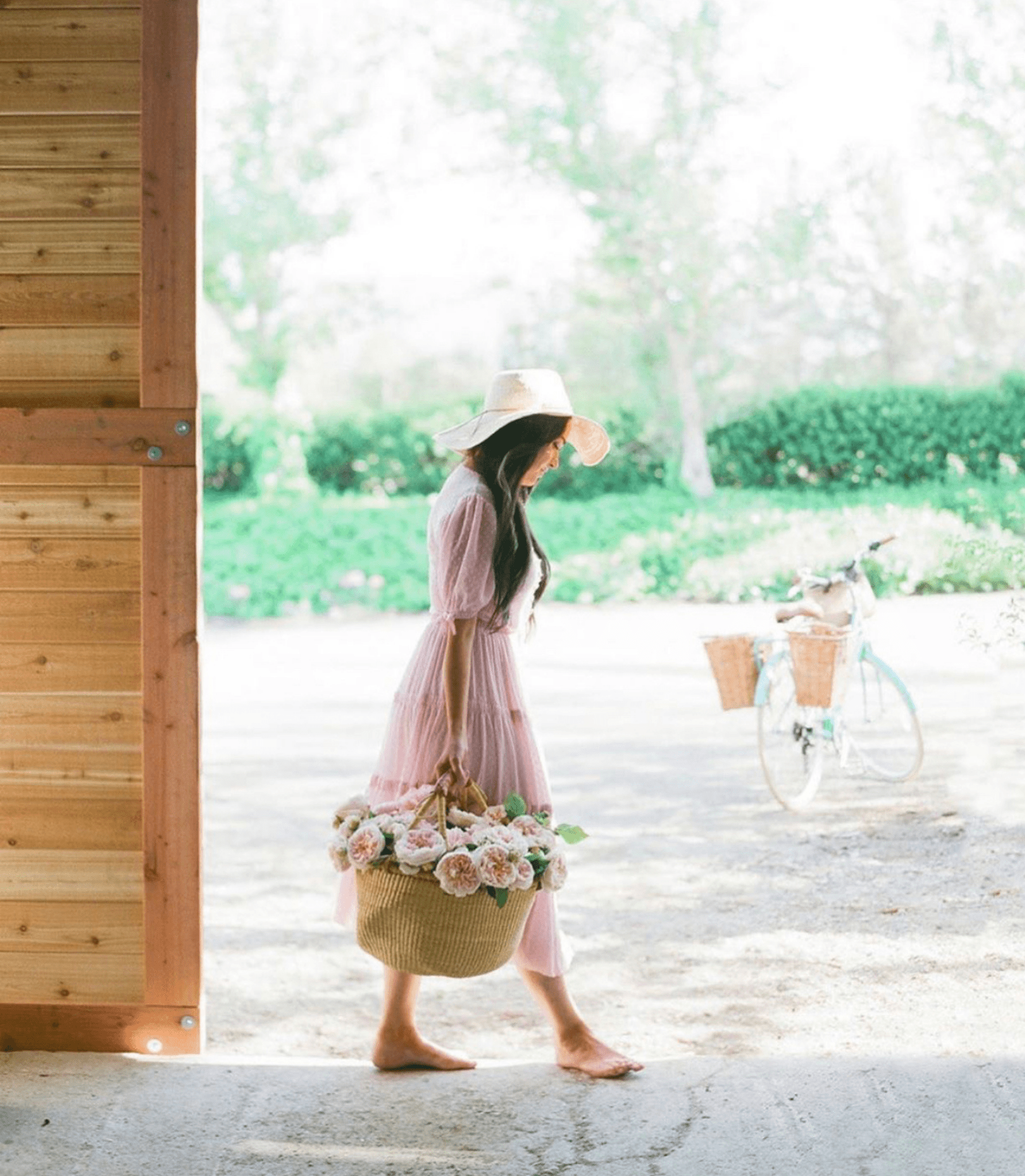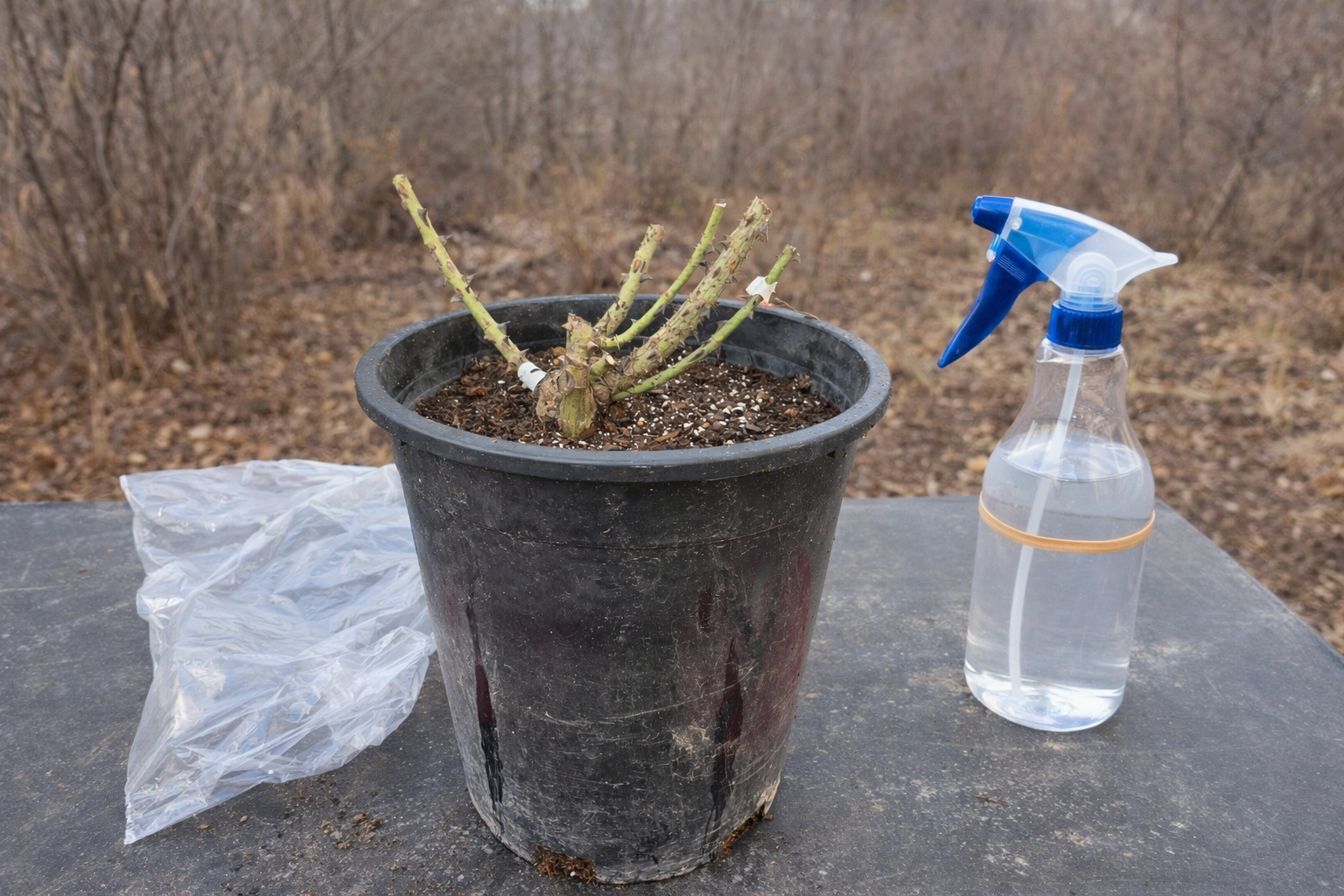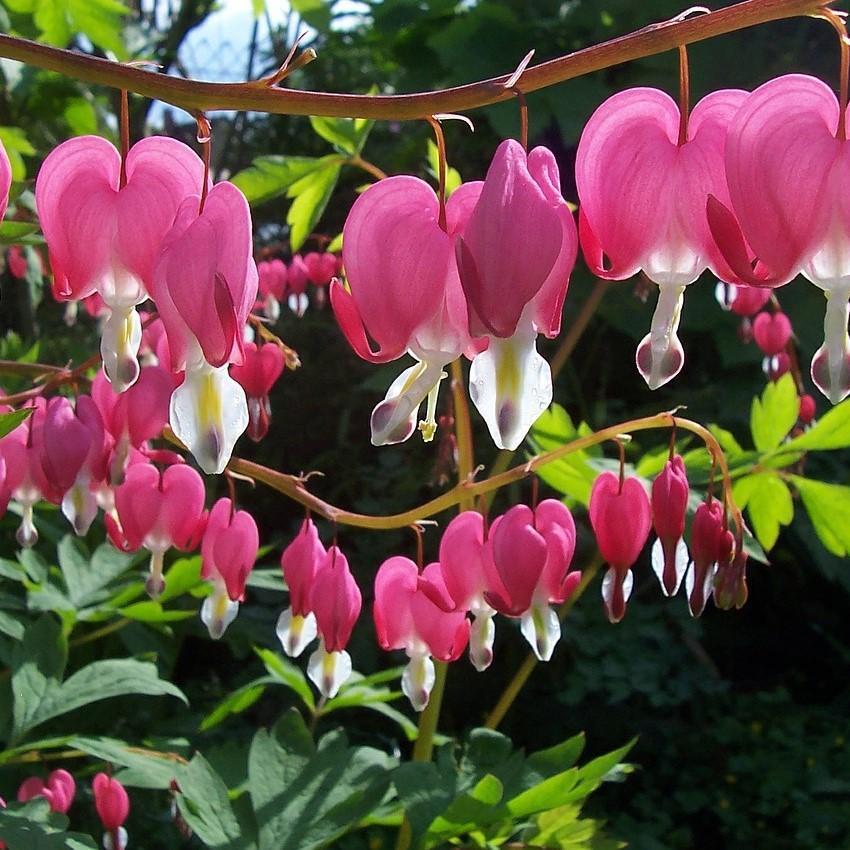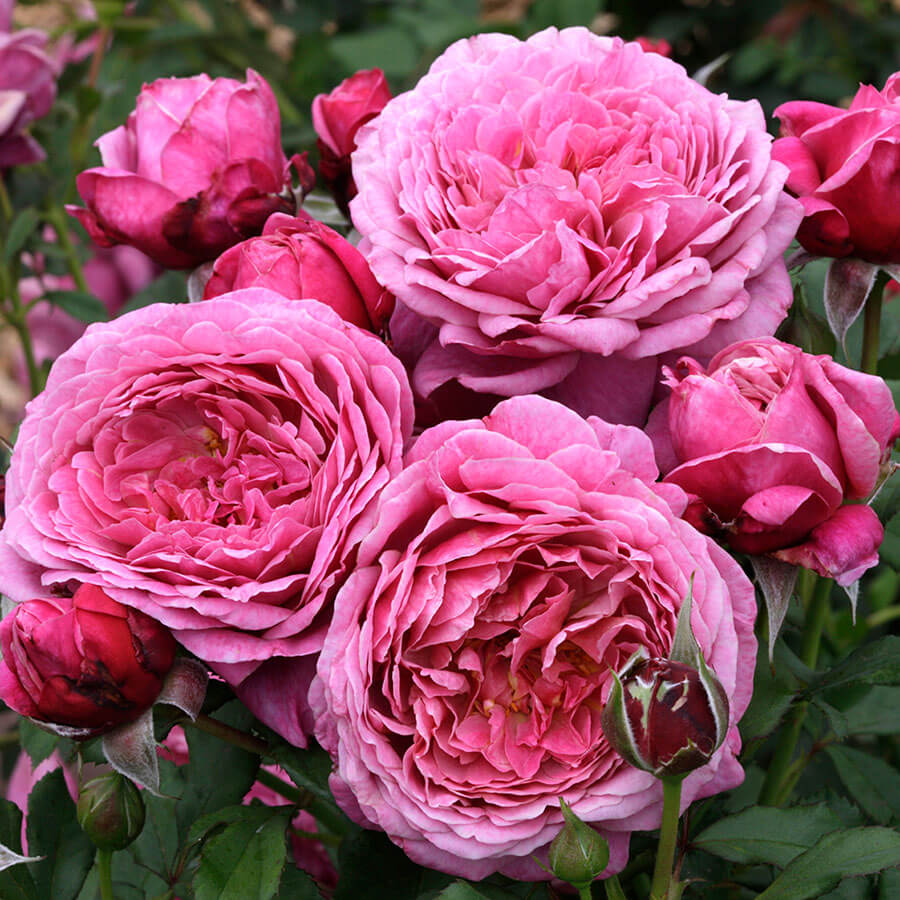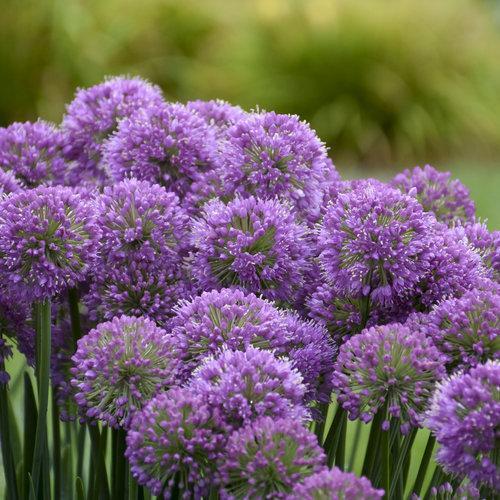Before I get into the heart of this post I want to preface it with the following:
We (Ryan and I) are fully aware of and thankful for our good fortune. We are blessed to live this life. We came into our business at the right time, we had substantial capital, we’re healthy and able bodied, we have business and marketing backgrounds, we have a very favorable climate and we’ve been able to devote 100% of our lives for the past four years to growing our farm. There are no words to describe the immense gratitude we have for those who support us. With that, I’m about to share the reality of our life and business as flower farmers, along with our mission and change in direction.
The messages within this post have been on my mind nonstop for the past few months. To be completely honest, our life is really hard and I often wonder how we got into a business that is so physically, mentally and financially demanding. I have many layers of fears about our future and while everything may look perfect (a beautiful abundance of roses, a sprawling farm, happy employees, sweet rescue animals, a handsome couple) our life is a grind 16-20 hours a day all year long. We are not gentlemen farmers, period. We are not wealthy and every single rose we plant must work for us or it gets the shovel. There is no room for weak, unproductive or unpopular roses at our farm. Yes, this life is insanely beautiful, but it has required enormous personal sacrifice. There are no vacations or weekends away. During our growing season we never stop, and in the winter we barely survive for five months without income while keeping our staff employed and getting our roses ready for spring. Yes, I show people my gorgeous roses, but behind the curated Instagram feed is a diehard yet scared businesswoman who refuses failure. I’m constantly strategizing, pivoting and working to cultivate a sustainable business and brand. It’s much bigger than our farm though. I envision rose growing returning to American soil and will make it happen starting on our 10 acres.
Here it is, only the first week of June and I’m already counting down the weeks we have to earn income. We stop selling roses in mid-December because December roses aren’t very pretty and our plants are tired by then. Our growing season is late April through mid-December. Yes, that is a much longer growing season than 99.9% of flower farmers. However, we’re positioned on some of the most expensive real estate in the country because roses grow best and the longest in a warm, dry Mediterranean climate aka California. We could not have the production, quality of roses and minimal pesticide/fungicide intervention we do anywhere else but in certain areas of California. Too coastal and you deal with fog, small plants, disease and low production. Too inland is way too hot for many months on end which results in small bloom size and roses shutting down to conserve energy. There are several pockets of California that are perfect for high production rose growing and we’re in one of them. At our farm in zone 9b we have a brief dormancy period in January/February, which we didn’t have at our previous farm in zone 10b, and it has been essential to our growth this season. Our roses love that six weeks in the winter they get to sleep and they have gifted us with an enormous bounty this spring. So, our growing season (season to make income) is long, but we also have a mortgage, property taxes and labor costs that would make every other flower farmer in America faint and think we’re completely out of our minds.
There is no real way to describe the amount of labor it takes to grow our roses, or any flower crop whether a woody perennial, from seed or bulb. One must see it to believe it. Instagram is great at glamorizing flower farming because flowers are inherently beautiful and what could be better than living amongst flowers, but let me tell you, it's hard, expensive, exhausting, frustrating work that one must surrender to mother nature early on if they want a chance at success. Our social media followers see expansive, heavenly rose fields and I see work. Endless beautiful work. At our recent masterclass participants got to see some of our daily operations and it’s safe to say everyone was completely shocked. The amount of hands it takes to orchestrate getting thousands of roses out the door at the same time every day is a sight to behold – and that’s just the post-harvest. We always narrowly make our window to FedEx. There is nothing automated or done with machines here. We grow old fashioned roses the old fashioned way, just as nature intended. We are not a South American rose factory that pumps out clone roses like commodities. Each of our plants is tended to by hand and every inch of our land is manually cared for with shovels, rakes and hoes. We don’t cheat by dumping harsh chemicals on our roses because we would be passing those chemicals onto our clients and our neighbors (and I’m not looking to get cancer). Every stem we sell has to be hand cut, hand processed, hand bunched, hand packaged. The labor is strenuous and must be done every single day (even holidays) from the time our roses start blooming in April all the way through mid-December. Flower farming is unlike other crops. Many crops are picked annually while flowers must be picked daily at exactly the right bloom stage. We harvest, process and bunch between 25,000 and 30,000 roses each week and still leave thousands on the plants.
We keep our labor as lean as possible, but we cannot move the roses we need to each week without nine full time and several part time employees. And yes, since I’ve been asked so many times, they’re all on the books. The presumption is that in California Hispanic farm workers are “illegal” and/or paid under the table. Not at our farm. All our employees are on payroll, receive benefits, worker’s comp, holidays, paid time off and overtime. And I’ll go on record: Hispanics are the hardest working people I’ve ever encountered. They are skilled, joyous, grateful, kind, resourceful and loyal - and there is no possible way we could do even 1/10th of our business without them.
80% of our roses are shipped to our clients so they must be carefully packaged and boxed. Imagine shipping 20,000 flowers every week and everyone needing them on basically the same day. It’s a logistical puzzle my husband solves each week. No matter how much love and care we put into our shipments, we are at the mercy of FedEx and the fact that our product is highly perishable makes shipping almost impossible. Fortunately, we’ve nearly perfected shipping and we constantly improve our processes to be more efficient and create less waste. Last year FedEx destroyed/lost six dollar figures of our product (7%), all of which we replaced for our clients at our expense.
The core of this post… As of today Grace Rose Farm is not yet a sustainable business. We grow a highly perishable luxury product for a very small market and can only grow/sell for 7 months of the year. So how do we build sustainability? That's the question I have been asking myself for quite some time and imploring others who say they want to farm roses/flowers to also consider. Our current business model will not provide for us long term. Yes, we move thousands of roses to florists, but we have to earn 200% more than we actually need each month in order to keep our farm going in the winter, not including making property improvements and saving for our later years. And yes, it takes our whole staff to prune 25,000 rose bushes and prepare our farm for spring, so there are no layoffs happening in the winter. Winter farm work is just as important as during the growing season. Ryan and I would like to save for retirement, repay our parents the seed money they gave us, take a vacation and have time off. We’d like to nurture our relationship like we do our relationships with our clients. Ryan receives more than 200 emails every day and no matter how much we automate our website so our clients can self serve, he is bombarded with email. As he said yesterday, “I have two music degrees and a MBA, quit my career in music to grow roses, but I’m answering hundreds of emails everyday. How can we make this better?” We credit much of our growth in the industry to doing our customer service ourselves, but with that, we’ve gotten away from the reason we started our farm – to grow roses. We must educate our wholesale clients so they can be as self-service as possible so we can concentrate on long-term sustainability in a market we have to cultivate ourselves.
We both left our careers to grow roses full time. Dumb? Maybe…but here we are and there’s no turning back. Our home is our business and everything we have ever earned is wrapped up in our 10 acres. This is the exact same scenario for countless other domestic flower farmers whether they grow roses, annuals, dahlias, etc. And, I’m scared for all of our futures. No matter how many people love and adore us and our roses, we have taken on so much responsibility and we cannot just decide one day we no longer want to do this. Every inch of our land must work for us and we must be a sustainable business, or else. As flower farmers we aren’t just growers. We are also sales and distribution. Sometimes I think we went too big, too soon, but we had to scale to meet demand. I heard from so many florists that garden roses were one of those flowers that weren’t always available or reliable to source, so I sought out to change that. I committed myself to being a farm that puts their clients first and did so by farming the heck out of my land. For the first two years of our farm, Ryan and I did 95% of the farm labor and business dealings ourselves, and by doing so, we built an amazing client base. They asked and we grew and grew and grew. And, we are so grateful to the 4000+ florists who have supported us and allowed for us to grow roses for them. There are no words to describe the gratitude we have for this life. Yes, it is hard and beyond stressful, but we wouldn’t trade it for our previous lives.
So the truth is, even with serving as many florists as do, we cannot exclusively wholesale our roses and have a thriving, long lasting business. We cannot scale anymore and hire the right people to help us run our farm. Ryan and I will burn out if we have to work as much as we are for years on end. It's just not possible to offer a seasonal product wholesale only and also make sure our business is around for decades to come. At some point last year I was thinking about the hundreds, if not thousands, of DMs and emails I’ve received over the years from “regular people” asking how to buy our roses. We were wholesale only so I would tell people we weren’t able to sell our roses to them. It wasn’t that we couldn’t sell them our roses, but I didn’t have a specific product to offer and I didn’t want to sell our roses in the same wholesale manner (one dozen bunches packaged pretty in a box). Remember, I’m a marketing, packaging and presentation guru so I needed a solid plan.
Then, as I worked more on long term sustainability, a lightbulb went off in my head. Why was I turning away a national audience of hundreds of thousands of online flower buyers to only sell to event florists? Business 101: Don’t have all your eggs in one basket. Literally 100% of our income depended on sales to floral designers and 80% of those sales depended on us handing our perfect product over to FedEx where the quality was ultimately out of our hands. Even though FedEx only lost/destroyed 7% of our product, it was 7% we had to replace for our clients.
There are many loyal floral designers who understand the investment in sourcing domestic and are committed to buying from us for their weddings. But there are also budgets they need to meet, our roses can be more expensive than imports and we grow far more than we need for florists. Most flower farms sell their product to multiple markets (wholesale/CSA/retail) and have tuber/seed/education offerings, so why wasn’t I diversifying? I could be the only domestic rose grower to offer my roses direct to flower lovers nationwide because I have the high production and know how to ship our perishable beauties. Farm to table, bespoke bouquets, no middleman, no mixing of local and imported product. The idea of 100% USA grown roses from our farm to people who want fragrant, beautiful real roses in their home had me so excited. I had to be crazy not to take a good look at the opportunities in the retail e-commerce space.
After much research and planning, our farm’s direction will encompass both wholesale and retail e-commerce. Offering our roses to a larger audience is the only way we can have long term growth, keep our employees’ families thriving and continue to offer the quality and abundance of roses we’re known for. With the plants we currently grow we can supply rose lovers with thousands of bouquets each week all season long as well as continue to supply floral designers. The kind of roses we grow deserve to be out there for people to fall in love with because they’re heartbreakingly romantic and beautiful doesn’t do them justice. The floral gifting e-commerce space is one where we can make a huge change in the way flowers are grown and delivered because there is no one like us - a scary but exhilarating thought!
More than 95% of roses sold in the USA come from South America where labor standards and pesticide use are questionable at the majority of farms. Some farms have moved to sustainable growing practices and they should be supported, just as I ask for support. But at many farms mass fumigations are done by workers with little to no protective gear and barrels of used hazardous chemicals are discarded in bodies of water. One study found dozens of chemicals on a single rose from Ecuador. The chemical runoff from those farms end up floating in rivers killing fish and wildlife (reminds me of factory farming in America). The roses have little to no scent, don’t open, lack character, and are quite honestly, pretty unremarkable. Even the “garden rose” varieties are clones of each other, and guess what, they’re not garden grown. I hear time and again that people don’t like roses. I wouldn’t either if all I knew were scentless, stiff roses that never open. Nothing makes me happier than when people receive our roses and realize it’s the first time they’re experiencing real roses. Roses found in grocery stores and national floral delivery companies are nothing like a garden grown, fragrant, old fashioned rose. 40 years ago more than 70% of the roses sold in the USA were also grown here, but sadly, the cost to grow on American soil exceeded what it costs overseas, so rose growers went out of business. We are going to change that. Will we ever compete with the scale of South America that grows millions upon millions of roses? No, but we are a reliable, ethical, garden grown source for those who believe flowers are an investment worth making. And, we will aid other rose growers in providing the same within their communities so consumers have a better choice.
I’ve been told people like to be part of something. Personally, I’ve always been drawn to the kind of work that brings others joy and me purpose. Our roses are bigger than us and our farm. We will bring roses back to American soil. We are helping others learn to farm roses and sharing our knowledge with gardeners. I want to see future generations love gardening and provide flower lovers with roses grown from the heart. We grow the kind of roses people remember smelling in their grandma’s garden and we hope to bring the nostalgia and romance of roses to all who know about us. But, we can’t do it without the support of those who love what we do - both florists and flower loving people. Our life isn’t just a pretty Instagram feed. So, please spread the word and consider sourcing American grown roses and flowers from us and other growers. When you buy our roses, you’re making an investment in people who are caring for the earth. You’re creating jobs that pay well for skilled people who love what they do. You’re helping spread awareness of sustainable growing practices. And, you’re giving a once dying industry new life.
We will continue to offer our roses to the florists we love and who love our roses, but we hope they understand that if we don’t make the absolutely necessary change in our business model towards retail, we won’t be around for long. We will succumb to the same pitfalls American rose growers did forty years ago. The cost of growing organic, sustainable flowers exceeds what we can offer them at wholesale. The overhead of raising 25,000 roses the right way and providing our employees with a good standard of living is a lot to shoulder. We want our employees to go home to safe neighborhoods and for their families to have the kinds of lifestyles we all want for ourselves. One of my proudest moments was when we helped one of our employees and his young family get into a new home where his boys could run around and his wife could stay home during their toddler years to raise them full time. We want to offer our roses to floral designers for the best price possible, yet we also want them to understand doing so comes with very little, if any, profit due to the high cost of growing. We will reward those who source the most from us with the best pricing we can offer and are implementing new technology on our website to enable each florist to gain preferred pricing as the season goes along. Every florist we work with receives the same quality roses and always will. We don’t choose favorites or give any preferential treatment. Florists can feel good about giving our roses to their brides and bringing them into their studios because they’re not loaded with chemicals.
Again, we are not gentleman farmers who will own our farm no matter whether we sell roses or not. We are not privileged people who just happen to be surrounded by thousands of roses and post pretty pictures to social media. We are farmers who grow an exquisite product, but our challenges and fears are no less than any other farmer’s. As I write this post on a Sunday afternoon, Ryan has been up since 3am answering emails and getting orders finalized in the calendar for this coming week. He spent 16 hours on Saturday doing the same while we paid overtime to three employees who came in on their day off to work on the weeds. While Ryan is doing computer work, he has his alarm set every two hours so he can switch water and fertilizer on and off throughout our fields. I’m thinking about all the roses that still need to be cut for orders and the never ending deadheading and weeding. We have thousands of potted roses I must water by hand by the time the day ends. We are owner operated, like so many other businesses, and dream of the days when we can afford to let some of our responsibilities go. But not yet, first we want to see our rose farm and others’ flower farms become sustainable businesses widely supported by those who love flowers.
For now, I create most of our bouquets and am enjoying sending our roses to people who have supported us for so long. I look through the orders and I see your names. You are people who have consistently sent us encouraging messages and commented on our photos for a long time. Thank you for that and thank you for asking us to send you our roses. I’m just sorry it took us four years to do it!
The infancy of the bouquet business is what I love most. In the mornings I go out on my bike, forage from our shrubs and trees and pick the prettiest roses in the cooler to make each bouquet. It feels so natural and I know the processes and production won’t be like this forever. I’m reminded of when we had 500 roses in our backyard and we were just growing them for fun, except now I have a purpose and mission bigger than just my farm. Our hope and dream is for this new venture to grow quickly so we can continue to supply floral designers for decades, give lifelong careers to our employees and teach others how to grow roses in their communities…and maybe get a day or two away! We are forever grateful to those who love what we do and promise to fulfill our mission of bringing roses back to the USA.
To subscribe to our emails and be the first to know when we have specials and new offerings, please sign up here.

